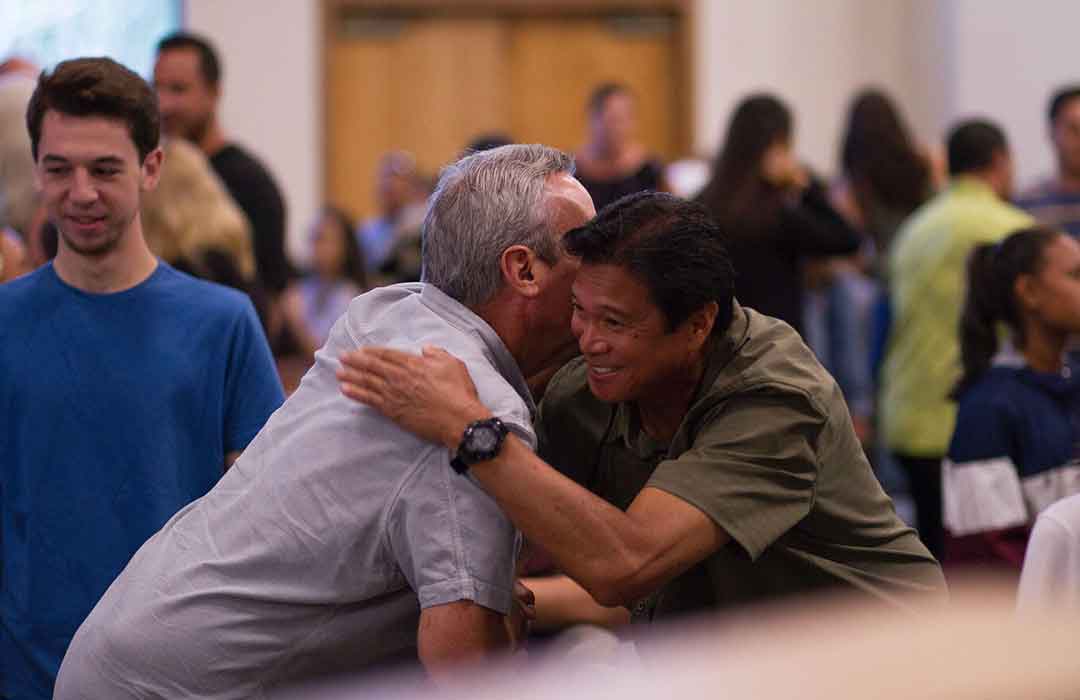
Today, social conscience is an extremely valued asset. How we act is typically dependent on the people we interact with in personal and professional settings. Some struggle evaluating situations and utilizing social conscience, and it shows when mishaps and faux pas occur. How we react to our oops moments places us on one side of the social conscience line or the other.
A “Goodish” Person Is Always Learning
Author of “The Person You Mean to Be: How Good People Fight Bias,” Dolly Chugh explained on an NPR interview the dynamics involved in being what she considers a “goodish person.” She states that it’s important to remember that we are all works in progress. Perfection isn’t the goal.
A “goodish person” is always learning, and they accept when they are called out for misspeaking. She often talks about a story where a person introducing a speaker at an event was found to be sexist and racist; the speaker was a black woman. She spoke on how offended she was, and when she approached him; to her surprise he was apologetic and asked for her to educate him. He wanted to change and was open to her critiques. Since then, they are friends and speak often.
Willingness to Find a Solution and Improve
She goes on to discuss how we embody implicit bias. Harvard offers the Implicit Association Test to aid people in distinguishing our opinions based on our worldview. It’s easy to tell the difference between children who grew up in home and communities which kindness and care are important values and those who grew up in exclusionary, biased homes. The first group honors diversity while the latter group tends to fear it. Even those who respect diversity make mistakes sometimes, whether it’s mistaking someone of one culture for another or mispronouncing an unfamiliar name. You wouldn’t be human if you didn’t make mistakes. Chugh even admits to making these mistakes.
If I come across a person, and their name seems as if it might propose a challenge to me, I ask them to pronounce it for me to be sure I pronounce it correctly. Chugh always points out that it isn’t about perfection, instead it’s about your willingness to find a solution. A simple comparison could be the difference between apologizing for stepping on someone’s toes and making amends for doing it by helping them sit down and checking to see if they are injured.
A Good Person Considers Social Conscience
What really does it mean to be a good person? Social conscience and consciousness go hand it hand. Have you ever seen the show, “What Would You Do?” It involves actors participating in a questionable act, and bystanders being set up; the point is to expose people’s values. Sometimes, what develops is both stunning and humorous. People’s best and worst tendencies are on display.
A few years back, I attended a conference where I was challenged by my own biases that I had formed as a child around the importance of instilling and reinforcing conscience. In a workshop, the facilitator presented a case study that was an “in-your-face” reminder for me that even as therapists, we don’t all share the same values or intention.
As a child, I was always told, “If you can’t say something nice, don’t say anything at all.” Because of that I tend to hold back my true feelings. Now, careful to not push people’s buttons, I find ways of saying what I mean, meaning what I say, but not saying it meanly. I look at why I want to share the information: do I have the hopes of educating someone, do I want to open their mind and change their views, am I being biased?
Be a Positive Agent for Change
An additional characteristic of being a good person has to do with desire to be a positive change agent and display what Philadelphia-based psychotherapist and attorney Jeff Garson, JD, LCSW calls radical decency.
He says, “At its core, Radical Decency grows out of this simple premise: If we whole-heartedly commit to this different way of living, allowing it to guide our day-by-day, moment-by-moment choices, we have a fighter’s chance of leading a better life and more effectively contributing to a better world.” Here are my own values that I have adopted throughout my life:
- Bearing in mind other’s feelings.
- Servicing others.
- Tidying up after myself, literally and in relationships.
- Leaving something better than when I found it.
- Try to make the world a better place based on what I can offer.
- Communicating courteously.
- Not being too quick to judge others without hearing them out first.
- Having reciprocal relationships.
- Being non-violent.
- Exemplifying sympathy.
- Acting with integrity.
- Making amends.
- Being reliable and accountable.
- Seeing similarities and not just differences.
- Helping someone in danger.
Let’s keep in touch! Sign up to receive our newsletter:
Start a Relationship with An Exceptional Counselor
- Skilled and caring professional counselors
- Accepting all major and most insurances
- High-touch customer service & premium benefits
- Same- or next-day appointments
- Ultra-flexible 23.5hr cancellations













